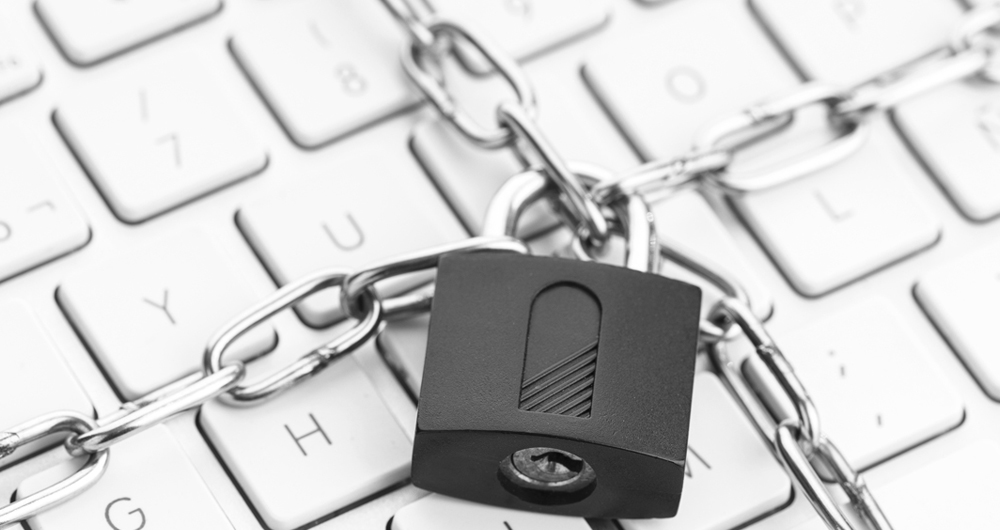So, you don’t know what hard drive encryption is all about? Not to worry, it’s actually a lot easier than you think. Here are a few things that might help you understand:
Hard drive encryption uses many different methods to encrypt data in your hard drive. What does this mean? It means that your data is now safer than it was before.
You will need an access key or a password. Why? So you can read the data. This will also make it more difficult for hackers to steal any of it.
Now that you understand the basic concept of hard drive encryption, let’s dive more into it. Here are some more details:
I talked about data being encrypted in your hard drive. How is that possible, you ask? Well, it doesn’t just happen out of thin air. You need specific software to encrypt your data.
This is where BitLocker comes into play. BitLocker can easily encrypt your data. It’s also really safe and easy to use. The process is also really fast, so don’t worry about your time being wasted.
BitTruster can also help you a lot with this. With BitTruster, managing BitLocker will be a lot easier, not to mention safer. It will also be a lot more cost-effective.
Did I mention that BitLocker works automatically? You don’t have to worry about doing the work yourself. After the file is read, it is then automatically encrypted by BitLocker.
This process doesn’t affect any of the other applications. Your computer might lag a bit, but it will still remain fully functional.
Even though the encryption process uses a specific key, it all depends on the algorithm that is used. Then, all of that data is encrypted into ciphertext. The ciphertext is essentially a code language, which is unreadable by the user.
Also, did you know that there is more than just one type of encryption? Here are some of them:
FDE – Full Disk Encryption
What exactly does this type of encryption do? Well, it protects every single file in the drive. So, no one would be able to steal it.
You would also need a specific key to enable this type of encryption. But even after that, you should know that you don’t decide which data is encrypted.
FLE – File Level Encryption
FDE encrypts all files that you find in a drive. On the other hand, FLE encrypts the files individually. This method has sometimes led to some data loss. However, it still remains an incredibly popular form of technology.
Unlike FDE, you’ll decide which specific data to encrypt. You can choose to do this either automatically or manually. This means that you can either let your drive decide which files should be kept, or you can do that yourself.
Some may say that FLE is a lot better than FDE. Here are the reasons why:
- You will have more freedom on what to encrypt.
- You will be able to set your own encryption rules.
- You will also have the freedom to change specific data in many ways.
However, the reality is that FDE and FLE complement each other and shouldn’t be seen as a choice between options as using FDE with all volumes encrypted ensures base level compliance in terms of data protection while FLE allows additional flexibility and an extra layer of security.
As you can see, there are a lot of things that you need to know about BitLocker and hard drive encryption. But, learning all of that doesn’t have to feel like a chore. And, now that you know all the ins and outs of it, all that’s left is to work on the real thing.



